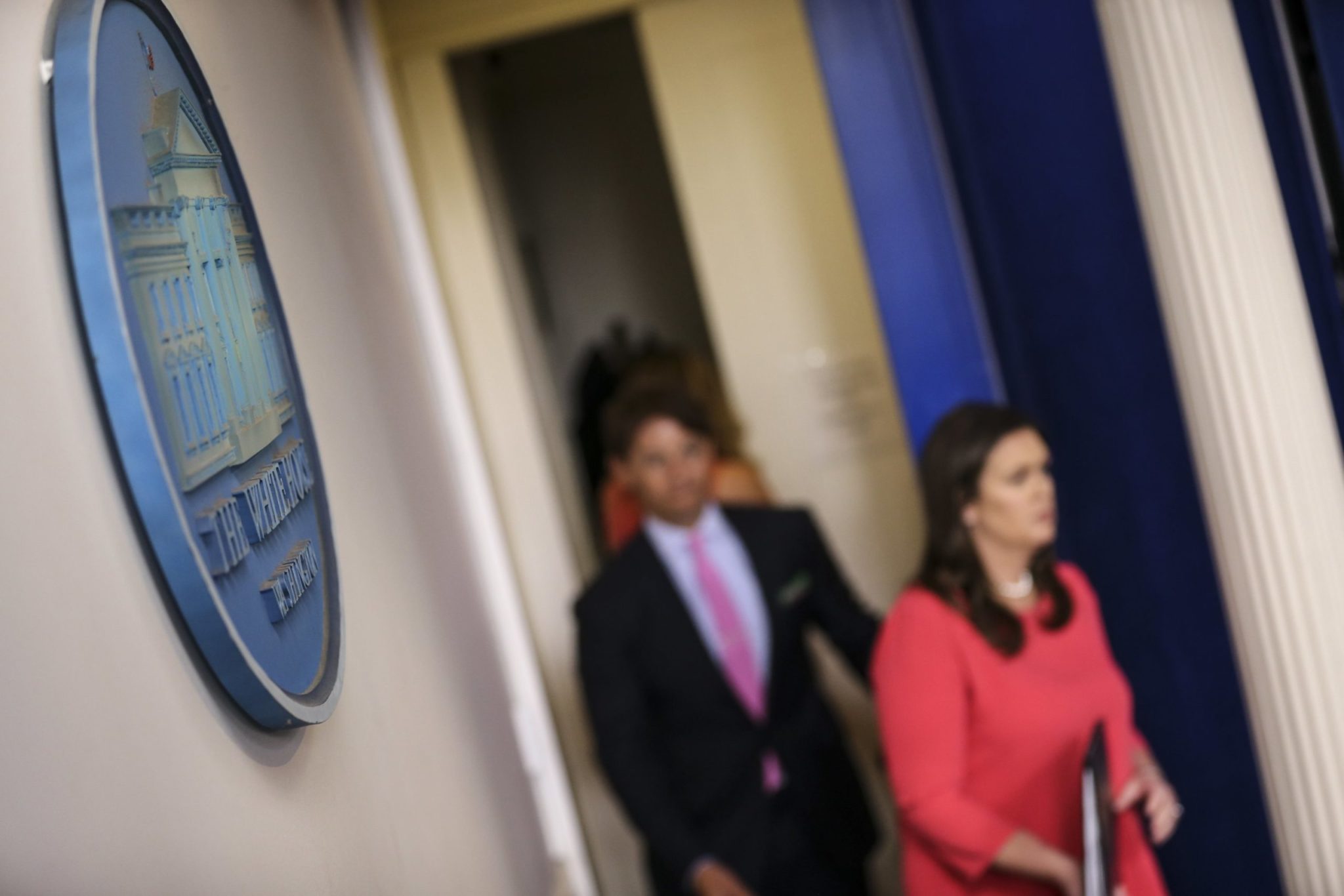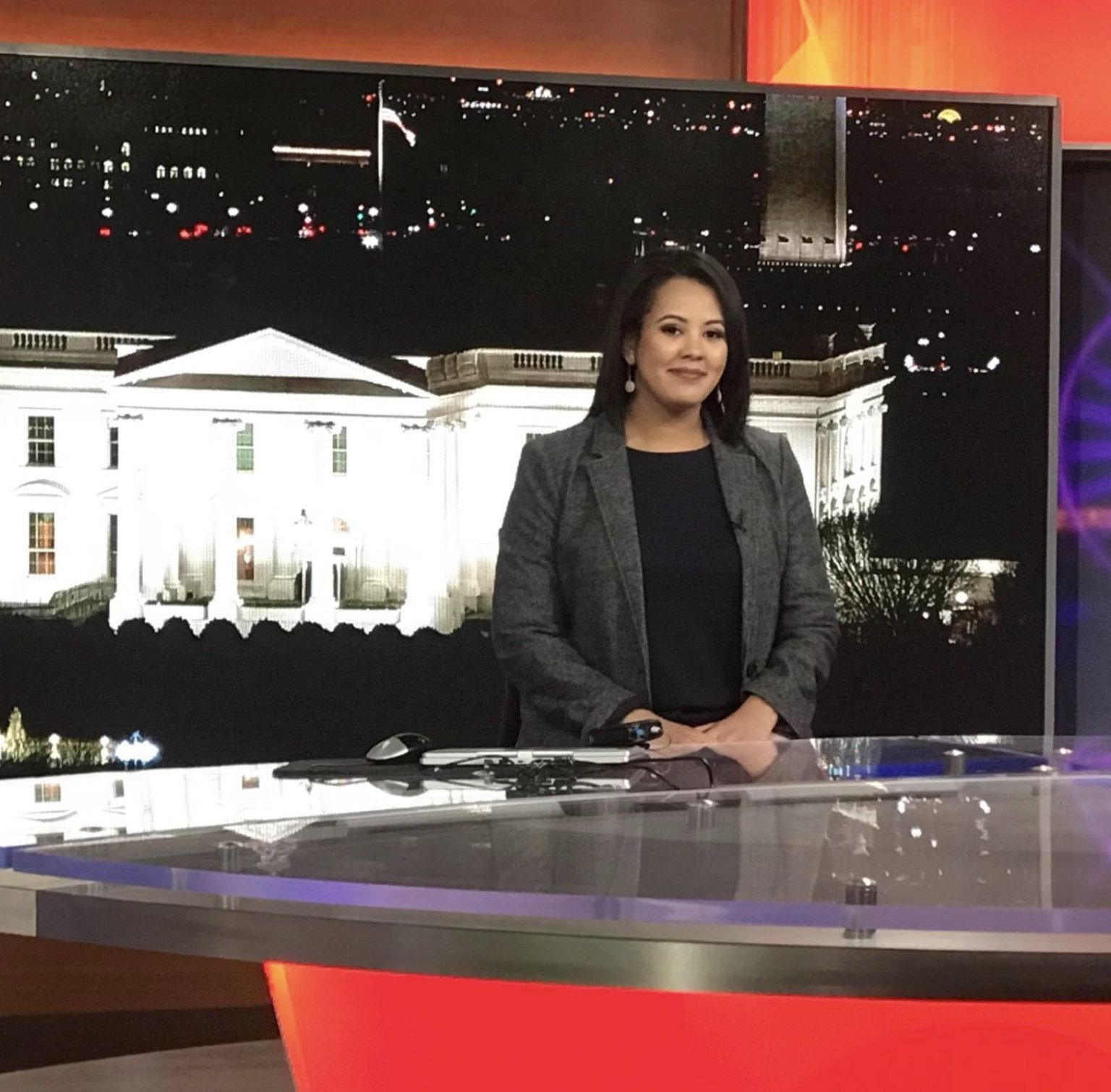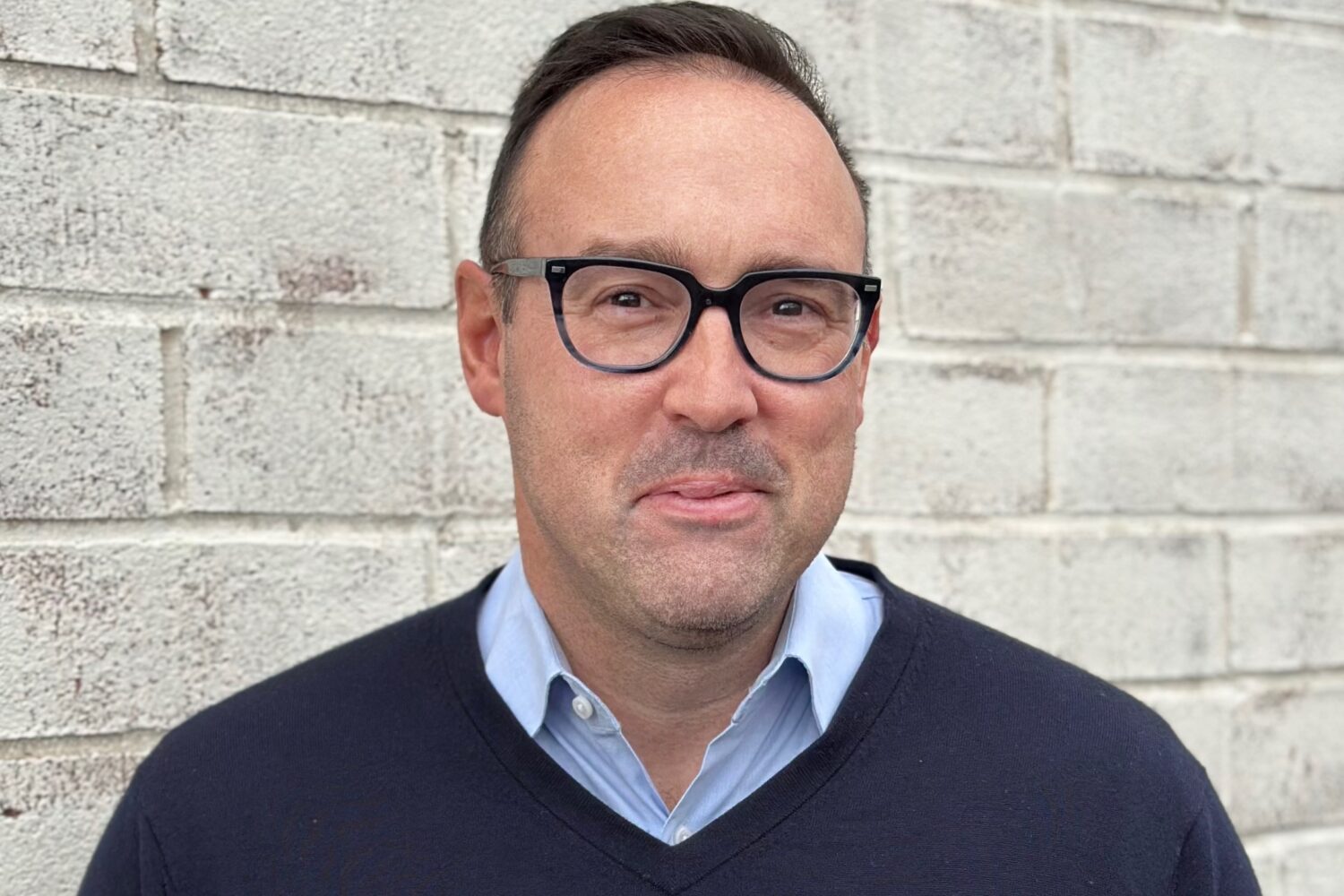Nearly every reporter in the packed James S. Brady briefing room Wednesday afternoon lamented the recent scarcity of regular White House press briefings. As CNN’s Brian Stelter pointed out that morning, there had been only one on-camera briefing in July before a second was hastily called for 2 PM.
The briefing shortage can’t easily be chalked up to President Trump’s travel schedule: There’d only been three such events in the past 30 days, Stelter reported. And as reporters in the room will tell you, other administrations would make themselves available even when the president was overseas.
The briefing is the center of many Trump and adjacent press corps members’ daily grind. Without it, beat reporters have had to rethink how they do their jobs. I was present at the last-minute briefing on Wednesday afternoon and asked a few of my fellow and former colleagues if they felt ghosted by the press shop they once relied upon regularly.
Jared Rizzi, a former White House Correspondent for Sirius XM under Obama (and some of Trump) puts it flatly: “If there was a federal work day in Washington and the president was in the DMV area, you would expect a briefing.” Rizzi explained that relying on the “lower press” (the handlers and staff just beyond that sliding blue door you see on C-SPAN) was an assumed part of his gig. Even if Obama was vacationing on Martha’s Vineyard, someone from lower press would be an email or phone call away. Those days are gone, Rizzi says. If there was no briefing, Rizzi would cultivate sources or play catch-up on longer pieces. But rarely did he have to second-guess his schedule, like many do now.
“Every reporter who covers the White House wants as many opportunities as possible to ask questions of senior officials, and the briefing obviously gives us an opportunity to do that,” says Olivier Knox, Sirius XM’s chief Washington correspondent and the new president of the White House Correspondents’ Association. Without briefings, Knox says, reporters tend to widen their ambit, finding new people to talk to: “congressional sources, former officials, outside advisers, people at government agencies, and diplomats at foreign embassies.”
Brian Karem of Playboy and the Montgomery County Sentinel isn’t going anywhere. He says he needs to be on-site as much as possible, regardless of whether administration officials follow suit. “Typically, having a briefing lets the public know they are open for business. When they take away those briefings, not only are they not open for business, it’s clear that they don’t want [reporters] in their business,” Karem tells me on a phone call. The paucity of briefings has made him adjust his reporting, working sources harder and staying in touch with old reliables when Press Secretary Sarah Sanders and her team don’t follow through on queries. Back when I attended regular briefings, Karem would often hassle the lower press when Sanders or a deputy ran late. More often than not, he’d return to the subterranean filing quarters with a neutral or negative response from the press team, but Karem says that letting the administration know he’s there is half the battle. “They don’t want us to go upstairs. It’s like dealing with children. That’s a damn shame, but that’s the way it is.” So Karem continues to show up behind that sliding blue door demanding answers or at least an updated daily guidance. “You can do it nice, or nasty,” Karem adds with a laugh. Which approach does he favor? “Whichever gets the job done.”
April Ryan chooses to stand her ground, too. Showing up to let the White House know she’s there is part of the American Urban Radio Networks correspondent’s new reporting modus operandi. She insists that rather than being ghosted, the White House is engaging in elaborate damage control. “When they don’t have a briefing for this long, it’s a clear flag that something is up. I’m not sure what it is, but this is a red flag.” She maintains that she doesn’t need the Trump White House press team to get her job done well, noting she’s got a strong network of sources that often point her in the right direction. “It’s been a long time since I relied on this White House for anything,” Ryan adds. “Frankly, they’re playing themselves. The American public need these briefings. They’re doing more wrong to the electorate than to the reporters.” Ryan has been using her free time to chat up sources, go to black-newsmaker events, and show up on CNN. While she ushers me into her basement office, she tells me that she has no plans of walking away from the briefing room completely, like some of her colleagues have chosen to do. “This is the job. The job is here. And I’m going to show up.” Whether the White House staff does the same, she says, “is on them.”




















